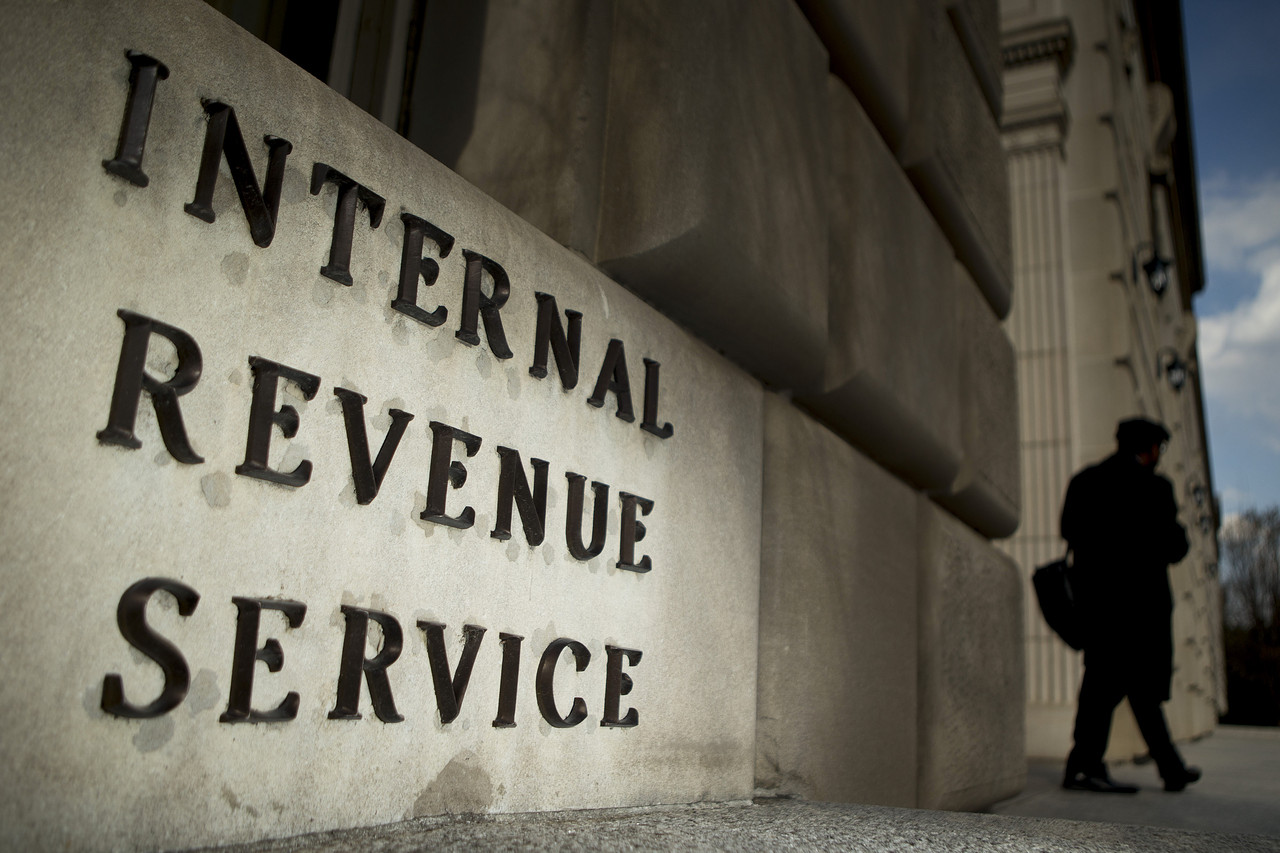A lesson from a high-profile tax lien case: how a person with unrealistic expectations can hurt themself financially by not being realistic is assessing legal risks.
The IRS put a tax lien on Rudy Giuliani’s house in Palm Beach, Florida three months before his headline-grabbing civil judgement yesterday. This is a good example of how tax liens work to protect the government’s financial interest in a delinquent taxpayer asset, and how a stubborn taxpayer can hurt themselves financially by not listening to professional advice. The house is reportedly worth over $3 million, the tax lien is over $500
,000. The disgraced former politician says in public statements that he is ‘broke’. Various news clips indicate that he miscalculated his risk and did not handle the legal and financial challenges in his own best interest.A tax lien is a public record. This tax lien for exactly $549,435.26 was recorded in Palm Beach County clerk’ office on September 1. Since then, Giuliani’s spokesperson says that his accountant has an agreement with IRS to pay the debt, but this is not confirmed. The law firm formerly representing Giuliani is now also a creditor, suing him for over a million dollars. Last month a New York CPA firm sued Giuliani for nonpayment of fees, although this was apparently related to his earlier 2018 divorce.
Over the past few months Giuliani has been soliciting donations from politicians and law enforcement officers who have benefitted through his influence peddling. In September former President Trump hosted a $100,000 per person fundraiser at his Bedminster, New Jersey golf club to help Giuliani defray some of his bills. It is legal to use donations and even money raised from those who have received political favors through means like influence peddling to pay taxes. It is not known whether this type of grifting will be sufficient to pay the tax debt. My guess would be that this newly raised dark money will be used for other purposes. Now, additionally, the impact of the new civil judgement yesterday may presumably influence how the IRS will ultimately collect.
A reasonable guess is that IRS will simply wait and collect on its debt when the house is eventually sold as the result of plaintiff’s legal collection actions. That means that the IRS will be paid first, and other creditors afterward.
This next paragraph is speculative for the purpose of providing insight into the typical financial planning process surrounding tax liens. If I had been a financial adviser to Giuliani with influence over his decisions, we would have sold the house already, paid the IRS, paid the lawyer and CPAs who were working to help him, and directed the distribution of the balance in ways that help his future defensive strategies. My guess, based on past anecdotal experiences dealing with high profile A1 personality type clients facing legal risks, is that he was offered this advice and declined it. At this point now, after the new civil judgement, he likely has little or no ability to control the disbursement of funds from the sale of his assets.
